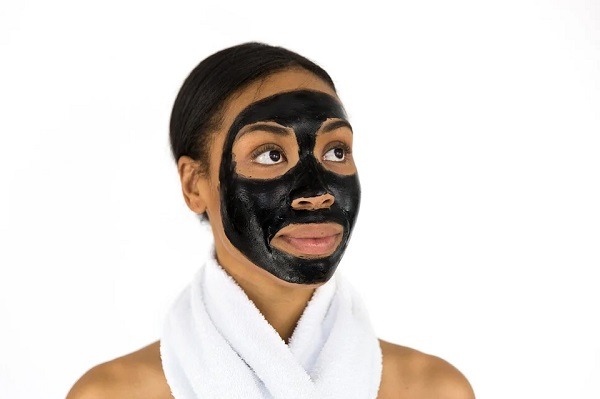Everyone deals with skin problems, although there are different ages and groups where acne is more persistent. Acne problems are more prevalent in age groups from 18-30 while also being an issue for adolescents going through changes in their bodies and hormones. These fluctuations create a confusing time that makes identifying the root problem much more difficult. If you are trying to discover exactly the problem that is causing your acne, you can slowly change and alter your daily habits to exclude things like skin exposure, stress, and diet to try and isolate different issues. Here are some important factors when trying to discover the source of your facial acne.
Accumulation Of Dead Cells
There are many parts to the surface of your face. There are pores and hair follicles, and when your skin or hair ages and dies, there can be an overabundance of sebum, otherwise known as oil, and accumulation within these pores and follicles. Oils are a natural part of your body’s functioning; however, it can increase for a variety of reasons. Glands can change in their level of production when it comes to oils. When your body begins to produce oil in such quantities that buildup on your face, this can translate to facial acne.
Bacteria
Another cause of acne is bacteria. Your skin is a protective layer for your body that is exposed to the environment. Your day to day living, whether you are walking down the street or sitting around with your family, can expose you to different dirt or pollution in the air. Dirt in the air can contribute negatively to damaging your skin, causing physical irritations to occur, which can then worsen if not treated or are further irritated through scratching.
Oily Skin
There are also naturally forming bacteria that rest on your skin that, although it is not very harmful, can help in creating your skin problems. When the oils build up and block up the pores, as previously mentioned, the bacteria on your skin get trapped in those pores and follicles. In order to combat problems of bacteria buildup in skin and pores, oily skin, along with other surface issues, can be addressed with skincare routines that help clean and protect your skin. The recommendations from averraglow.com provide a large roster of different treatments to help handle acne. Different measures include cleaning formulas, protective lotions, serums, and creams that can be utilized during your daily life to help care for your skin.
Stress
Although not necessarily a root cause of acne, stress can be a contributor to acne, much like many other inflammatory conditions. In individuals dealing with high levels of stress, acne may not just appear to be triggered by stress but also may worsen from stress. If you are noticing that you are beginning to break out in much more stressful times during your life, you might not have to worry and simply want to wait and see if your skin problems subside as the stress passes. If your skin issues persist after you are no longer feeling stressed, the acne is likely attributed to other causes.
Diet
It is difficult to understand exactly what parts of your diet can contribute to acne problems. Many people have attested to greasy foods, although it appears sugars have a higher likelihood of being problematic when it comes to pimples and skin. Diets high in processed sugars and processed carbohydrates have been shown to exacerbate the inflammatory traits associated with acne. If you find that you are eating a lot more sweets and sugars while your acne or skin has worsened, you might try cutting back on your snacking patterns and altering them to see if a positive change is an outcome.
Dermatologists
Acne can be difficult to live with, and when having to deal with it and treat it, the process can be hard when it comes to trying to find out the root causes of your facial acne. If you are having difficulty in figuring it out, or your acne has gotten worse, it is best to seek advice from a board-certified skin care professional such as a dermatologist. They will be able to work with you and consult you not only on the causes of your skin issues but also aid you in creating a plan of action to treat your skincare problems.
Facial acne can be attributed to a variety of reasons, and with a wide array of potential sources, this means that you can change different things to try and correct your skin problems. It may take more time, but finding out what is causing your acne may be different than what causes it in others, so you have to try and isolate the different possibilities.

